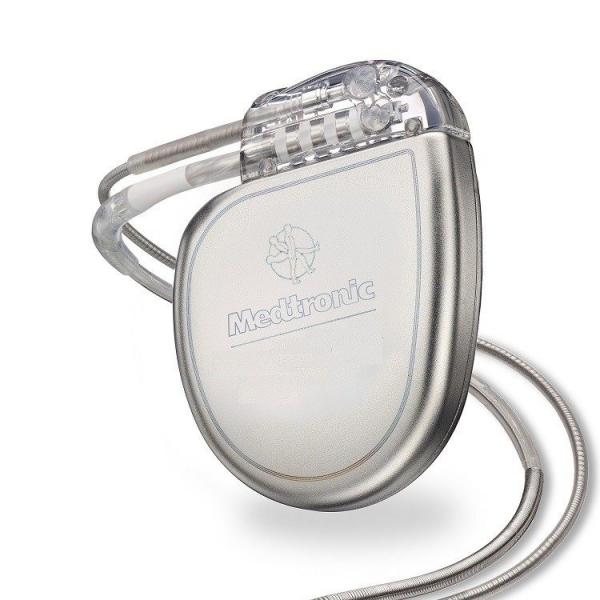Study Finds Many Athletes with Implantable Cardioverter Defibrillators Can Play Sports
New research suggests competitive and strenuous sports can be safe for many athletes with ICDs.
For years, people with heart conditions that required them to receive implantable cardioverter defibrillators (ICDs) were told bowling or golf were the most strenuous sports they could play. That advice may be changing.
A recent study suggests the risk is actually low for many athletes with ICDs who play strenuous sports. An ICD is a device implanted under the skin that monitors a patient’s heart rhythm and, if it detects a problem, can deliver an electrical shock to restore normal rhythm.
“The risk is low,” said Dr. Rachel Lampert, the Yale cardiologist who led the research. “We can’t say all athletes [with ICDs] should do vigorous sports, but it can be an individualized decision between doctor and patient,” Lampert told Yale News.
Lampert’s four-year study followed 440 ICD patients from 61 research sites as a follow-up to a prospective, observational ICD Sports Safety Registry. The patients participated in strenuous sports such as running, basketball, soccer, tennis, volleyball, skiing and snowboarding. Researchers interviewed the patients and their doctors and checked in with them every six months for four years to study whether athletes with ICDs suffered increased risk of injury related to their heart condition or their device. “Even though some people did receive shocks while they were participating in sports, no harm came to patients. After a four-year follow-up, we still did not see any failures of the device to terminate an arrhythmia, or injuries related to the arrhythmia or device, in these patients," Lampert said in a news release. from the American Heart Association.
The findings are good news for ICD patients like Paul Wylie. The former U.S. Olympic skater suffered sudden cardiac arrest in 2015 and now has a Medtronic ICD. Learn more about Paul’s story, and why his wife calls the ICD “a paramedic in his chest.”
Lampert says in the AHA news release that patients with ICDs who want to participate in strenuous activity should consult their doctors.
You can read the full report about Lampert’s research in Circulation. Medtronic and other companies co-funded the study.

